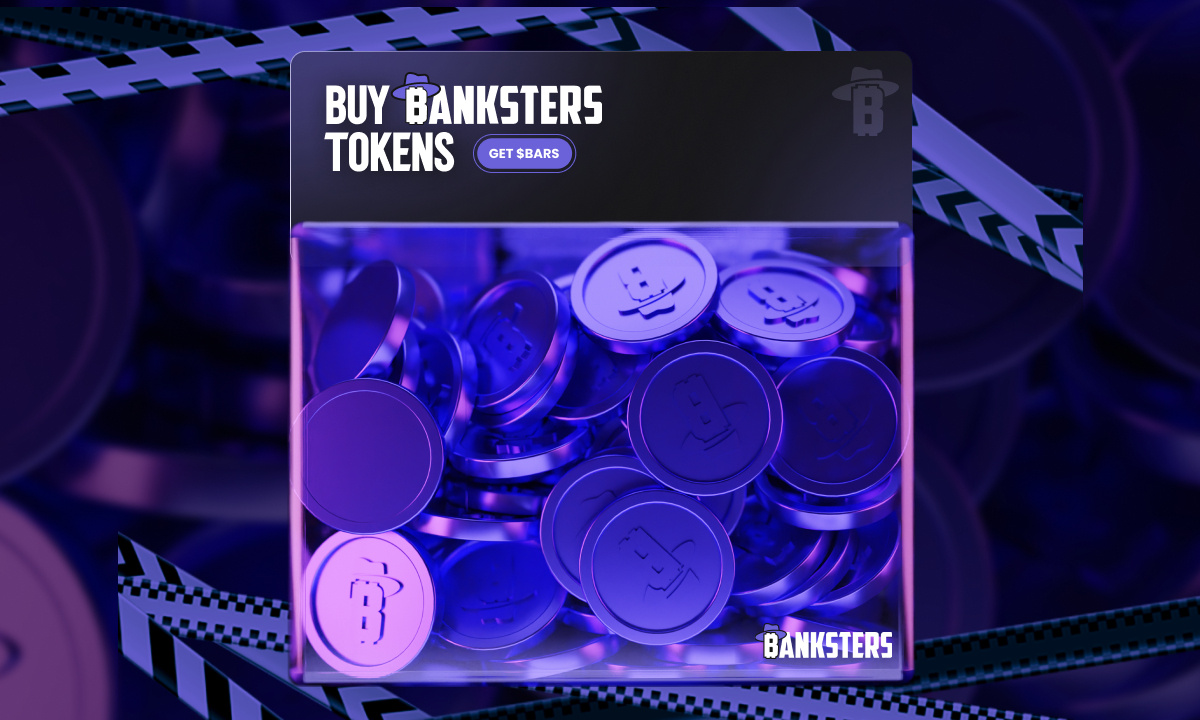Inflationary winds from around the world mark a big change for Bitcoin
Is the global economy currently on uncharted territory with Bitcoin (BTC) and inflation? For most of the short lifespan of cryptocurrencies, the economic environment has been generally favorable, with prices stable, but recently warnings of an inflationary storm have been repeated.
If so, what does that mean for Bitcoin, which has long been promoted by partisans as an inflation hedge, even though it hasn’t actually been tested that way since its inception in 2009? That is, will millions of individuals and institutions flock to BTC as a safe haven – an alternative to gold or the US dollar?
Recent reports, such as the US consumer price index (CPI) surge of 6.2% in October – a record in 30 years – have been serious despite this recent inflation in an economy. The national economy may have more to do with persistent supply chain failures. and post-pandemic consumer demand is more pent-up than any secular shift in global markets.
“Got it [i.e., inflation] potentially a problem, ”Mauro Guillén, dean of Cambridge University’s Judge Business School, told Cointelegraph. Much of the risk of inflation, however, is related to consumer expectations about the future. If they believe that sustained price increases are a long-term fact, they will buy items sooner rather than later in anticipation of higher prices.
“The fact that US consumers are delaying high-volume purchases because of inflation suggests that they believe inflation will come down,” said Guillén, adding, “I’m very optimistic that this will happen. This is only temporary. “
Others are not that optimistic. Itay Goldstein, professor of finance at Wharton School, told Cointelegraph: “It is clear that inflation has now been at least less temporary than originally hoped. The world is grappling with supply-demand imbalances after the pandemic, and COVID-19-related monetary and fiscal stimulus also impacted recent inflation reports, but “It looks like inflation has been held lower and has been going on for a long time.” will take until it wears off, ”said to him.
A global phenomenon?
Marc Chandler, Managing Director of Bannockburn Worldwide Currency Trading, told Cointelegraph, “Inflation has accelerated, and not just in the US. Last week “we also learned that China’s CPI rose to 1.5% from 0.7% yoy”. Will it take It is not clear at this point. “What we do know is that price pressures have not yet peaked and will likely not peak until next year.”
But what if global inflation gets worse? Then “I’m looking forward to [crypto] Adopted by both buyers and sellers to really boom, “Leonard Kostovetsky, assistant professor at Boston University’s Carroll School of Management, told Cointelegraph, adding that it was not an easy result.
“I don’t see this happening anytime soon. I suspect inflation will be under control soon – perhaps in the next four years – as pressure grows on policymakers to contain it. “
Bitcoin recently rallied with the launch of the first US Bitcoin futures ETF, but it appears to be “being driven by the persistent inflation we are seeing around the world”. , a crypto benchmark administrator, told Bloomberg.
Of course, Bitcoin has a fixed supply limit of 21 million BTC. Against the USD, the USD elasticity and USD growth in the US M1 vault have increased more than fivefold in the last 5 years: from 1.378 trillion US dollars in September 2016 to 7.245 trillion US dollars in September 2021 (426 %), according to the Federal Reserve Bank of St. Ludwig.

“It is true that part of the appeal of cryptocurrencies like Bitcoin comes from the inflationary fear of fiat currencies,” Goldstein said. “I suspect that inflationary pressures will therefore help raise the price of Bitcoin and other cryptocurrencies.”
However, BTC’s hard cap may not make such a difference, others objected. “Bitcoin’s price is driven by demand,” said Guillén. If people believe that it is a good store of value, they will buy BTC – what seems now, it is allowed. “But I wonder what if interest rates go up and people realize that a Treasury bill pays a high interest rate and is very safe.”
“I think the old notion of limited supply needs to be unpacked,” said Chandler. “After the 40% rally in October, one can now talk about the direction of money, but what happened to the currency rule in the second quarter when BTC fell from $ 58,900 to $ 34,500.”
Bitcoin’s limited supply may not even give it an edge over other cryptocurrencies. Kostovetsky suspects that Bitcoin, for example, has a great advantage over Ether (ETH) as a safe haven due to its limited distribution. “The main advantage of cryptocurrencies as inflation protection is that there are supply rules that cannot be manipulated by humans.” Savers don’t have to worry about “artificial” [i.e., politically motivated] an increase in supply will decrease the value of their savings, ”he said.
Greater impact in developing countries?
Much of the recent discussion on inflation has centered on the US, but China also appears to be feeling some of the effects. This country’s producer price index rose 13.5% yoy in October, after rising 10.7% in September. This raises other questions: Is the global inflation rate having a greater impact on developing countries than it is on developed countries, and if so, will poorer countries be more likely to use Bitcoin as an inflation hedge?
“I see people with lower incomes and countries suffering from the effects of inflation,” said Chandler, especially those with weak banking systems and the number of unbanked households. However, before they can use Bitcoin or other cryptocurrencies, they must have a minimum of cell phones and a certain level of financial literacy.
Dan Gunsberg, CEO of HXRO Network, told Cointelegraph that “Bitcoin is proving to be a viable alternative to other classic inflation hedges such as gold”. Although investors like Bitcoin as a safe haven, it is still viewed by many as a risk asset and tends to correlate with other speculative assets like stocks, he added. Guillén is less concerned about inflation:
“So far, emerging and developing countries have not had any higher inflation rates than the USA. The dollar will stay strong. I don’t think we will see high global inflation. “
Advance into unknown waters?
All in all: “We are on new territory,” says Kostovetsky. Nobody really knows if inflation will be strong and widespread or mild and local, while Gunsberg added, “We have been on uncharted territory longer than is publicly known in the media. This is already reflected in the price of Bitcoin.” as other financial assets in the past 12-18 months.
Related:Are institutional investors the main silent partners in cryptocurrencies?
However, if inflation rises as cryptocurrencies become less volatile – two big things, admittedly – then “people are likely to keep their savings in crypto,” Kostovetsky told Cointelegraph that it would be a really big change.
Follow the Youtube Channel | Subscribe to telegram channel | Follow the Facebook page
















